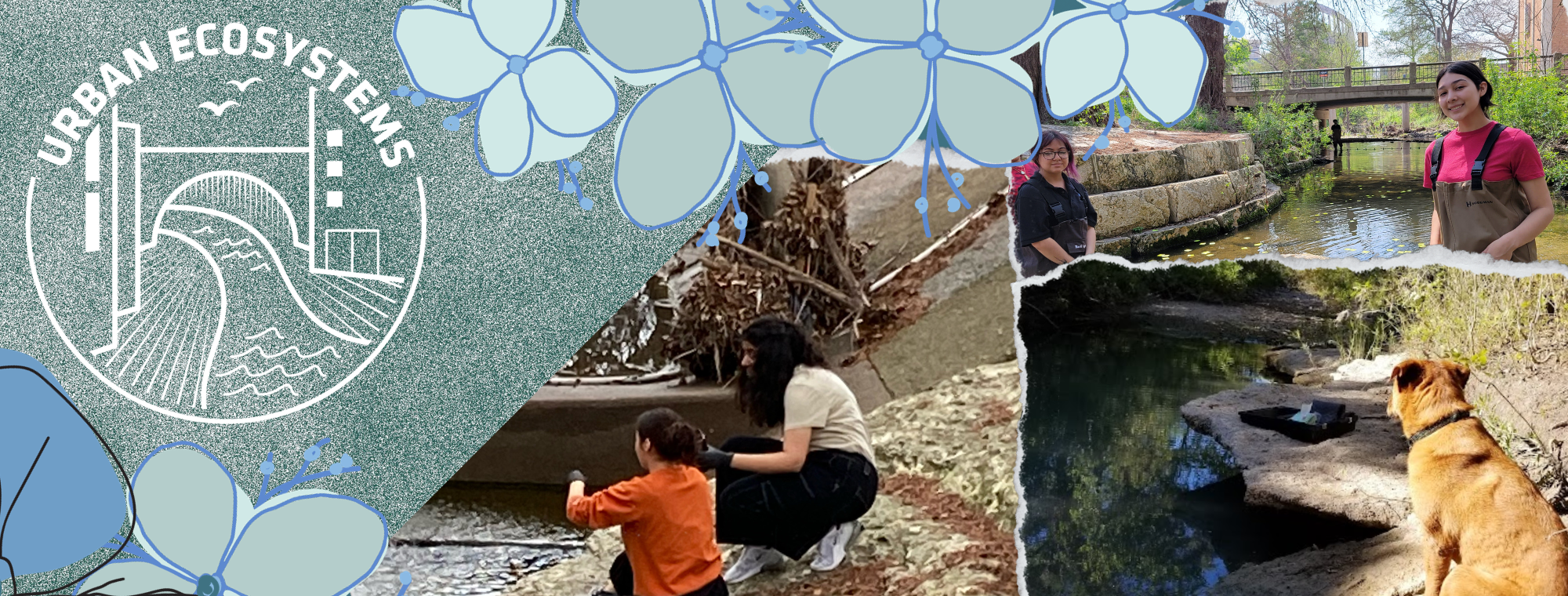Happy Fall to everyone! For today’s blog post, we are going to dive into one of the projects within our very own biology team, better known as Team Stuart!
The project we are going to be talking about is called Microbiome Mapping, and they work on detecting and analyzing the diversity and types of microbiomes in various creeks around the Austin area. This work helps provide insight into how different bacteria and microbiomes correspond to various measures of water quality such as pH, conductivity, and temperature.
To detect and analyze the microbiomes present in an area, members of this project take water samples at different locations around Waller Creek. This water is then filtered and processed using a technique called Polymerase Chain Reaction, or PCR. PCR is used to clone DNA sequences and make many more copies of them in a process called amplification. Currently, the team is trying to narrow down two PCR methods that are best at amplifying the collected DNA sequences. We have run a method called FHS (recently discovered by a researcher here at UT!) and are comparing its DNA amplification results to those of the current PCR method being used for efficiency. So far, results have been largely inconclusive as it has been difficult to get the DNA to amplify, but that’s just further motivation for this team to continue working further on this research question!
- Sukriti

